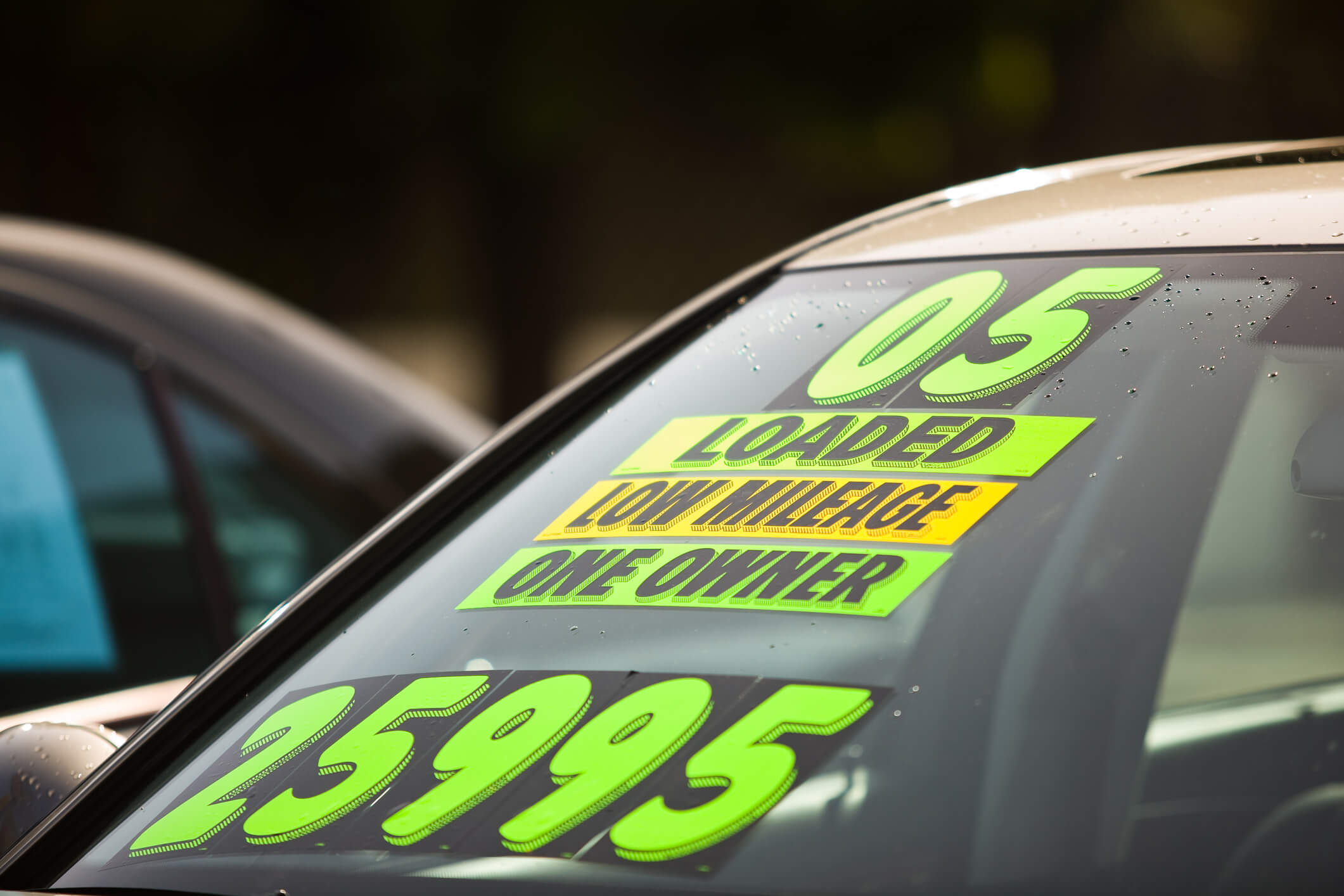By: Michael H. Rosenstein, Esq.
Nearly every day, our office receives calls from consumers wondering if California’s lemon law applies to their used cars. The short answer is, “yes.” The lemon law applies to used vehicles in many of the same ways as it does to new vehicles. Additionally, for used vehicles, there are subtleties to the law that an expert lemon law attorney can best help you to understand. If your used vehicle has turned out to be a clunker, we invite you to contact our firm today for a free consultation: (833) LEMON-FIRM.
One of the key issues in determining if a used car qualifies under the lemon law is whether or not the vehicle was sold with a warranty.
Used Cars Sold with the Original Manufacturer’s Warranty
Many used vehicles sold throughout the state are sold with all or portions of the original manufacturer’s warranty. Most vehicles are delivered from the factory with a “basic” or “bumper-to-bumper” warranty, which covers the majority of vehicle components and a “powertrain” warranty, which covers engine, transmission, and related parts.
Additionally, all vehicles throughout the state are accompanied by California’s emissions component warranty coverage for 7-years or 70,000-miles. This emissions warranty is an addition to the Federal 8-year 80,000-mile Emissions Warranty. The California Emissions Warranty covers many more smog parts than the Federal Emissions Warranty for 8/80.
If your used vehicle’s defects are covered by one or more of the above warranties, then the lemon law will apply to your used vehicle in the same manner that it applies to a new vehicle. To learn more, please give us a call for a free consultation.
Used Cars Sold without a Warranty
Vehicle buyers may also purchase used cars without a warranty or “as is.” Such vehicles are oftentimes sold for marked down prices on the assumption that the buyer will absorb the cost of repairs. However, serious vehicle issues can arise, which outweigh can be pricier than the vehicle itself. In those cases, dealerships and manufacturers may attempt to dodge blame for the sale of the defective vehicle, saying that it was sold “as is” and, therefore, the buyer has no recourse.
However, for a vehicle to truly qualify for an “as is” sale, the dealership must meet strict disclosure requirements. An “as is” disclaimer must be disclosed on the buyer’s guide for that vehicle. What is more, the buyer’s guide has to be clear and displayed on the vehicle itself. The buyer’s guide must state that the vehicle is sold “as is” and must also include that the quality and performance of the vehicle is the buyer’s sole responsibility. The document should also explain that if the vehicle exhibits a single or even many defects after purchase, the buyer is responsible for the cost of repairs. If a dealership doesn’t meet all of these requirements, then it may be unable to hide behind the “as is” provisions.
California’s Lemon Law Covers Used Vehicles, Too
Just because your car was purchased used does not mean that you are without legal recourse. CCA’s attorneys have helped countless used vehicle owners with their lemon law claims. If your used car hasn’t met your expectations, we invite you to call us today for a free consultation with a lemon law expert: (833) LEMON-FIRM.
CCA services consumers throughout the State of California and persons that purchased their vehicles in California, only

